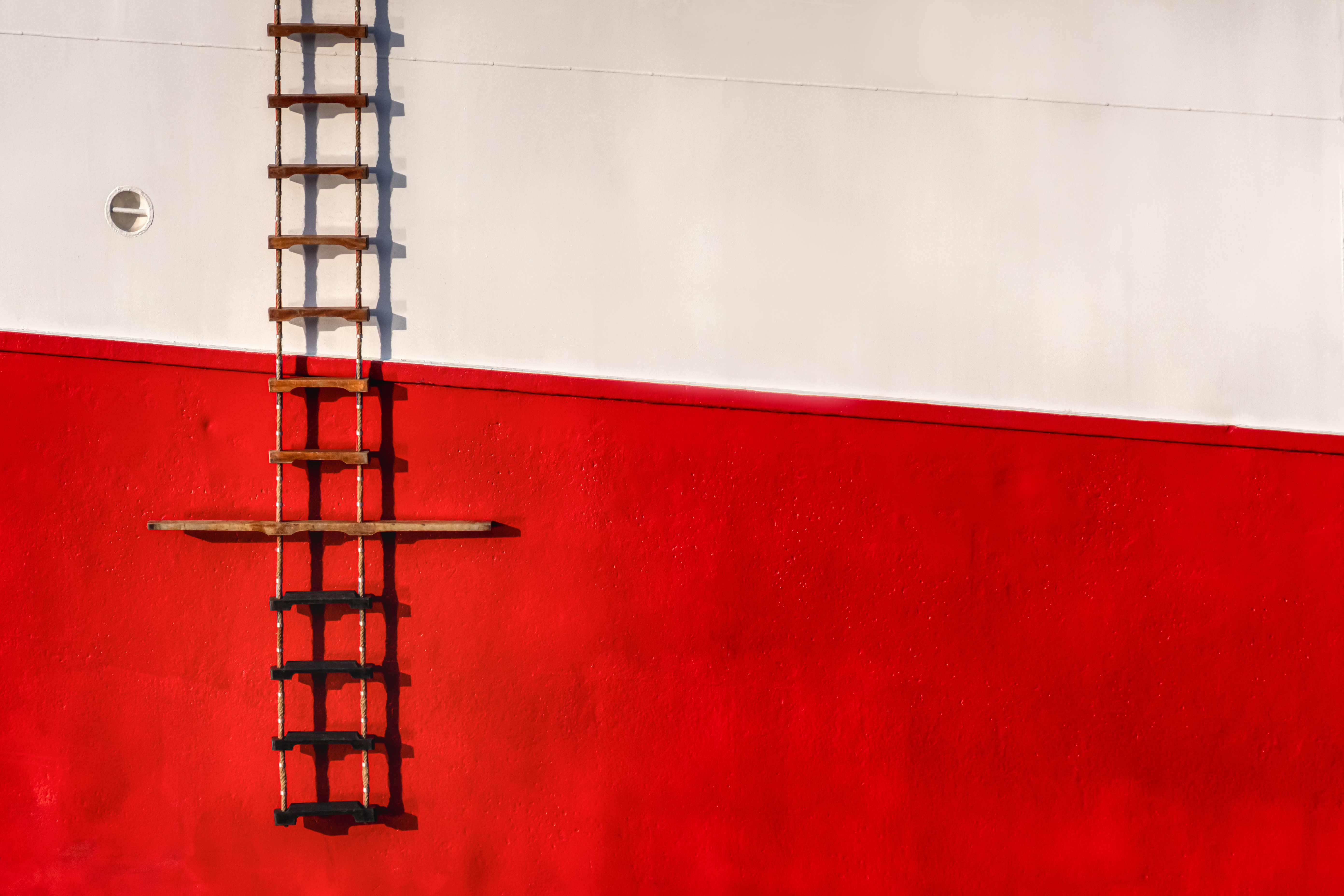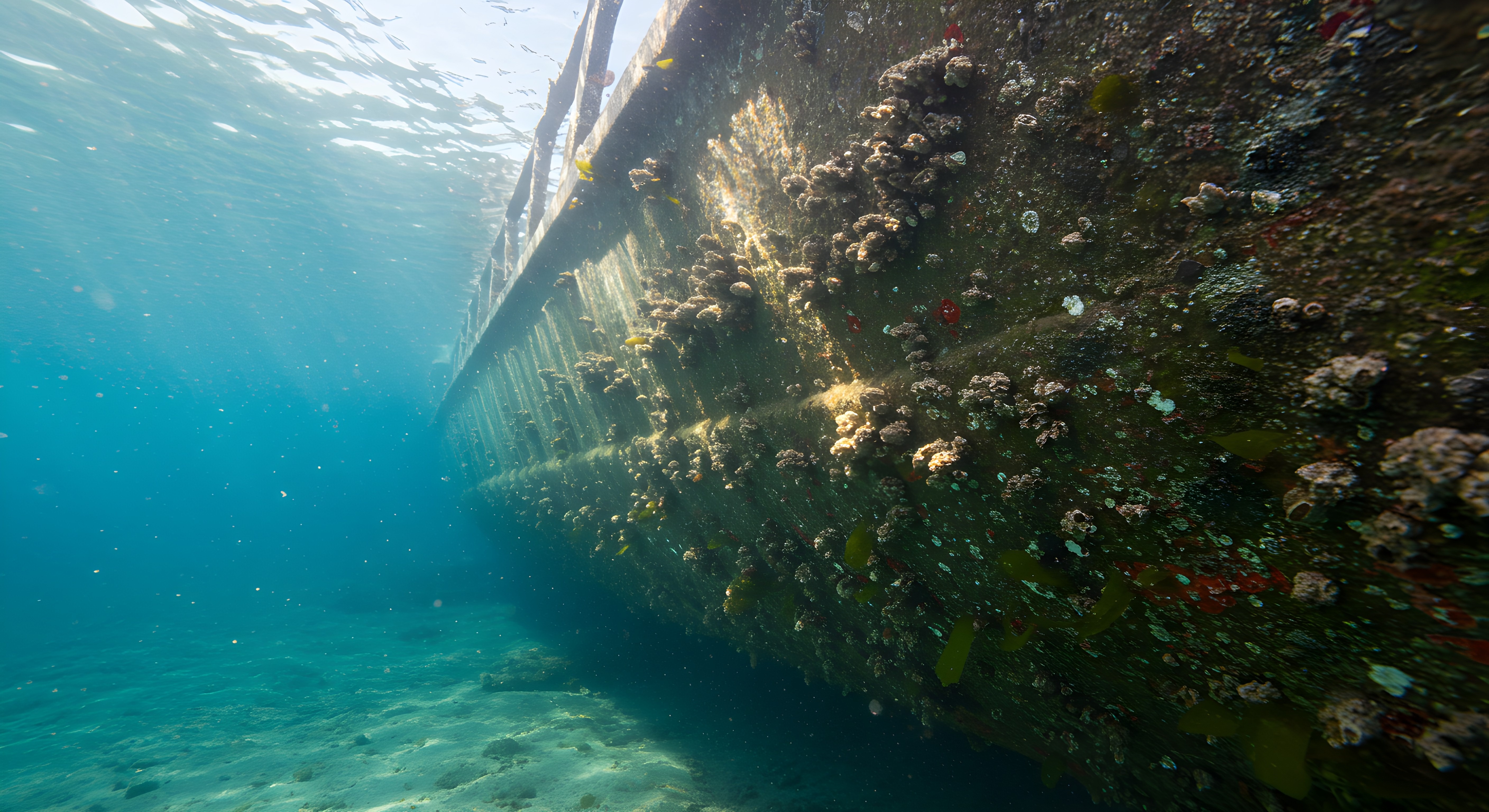London Arbitration 19/17
Facts
The subject vessel was chartered out by disponent owners ("Owners") to charterers ("Charterers") on the NYPE form (the charter). Owners had themselves chartered the vessel from the head owners on the NYPE form (the head charter). Both the charter and the head charter incorporated the NYPE Inter-Club Agreement (the ICA).
The vessel loaded steel coils at Chengsu and Jingtang (China) and Kaohsiung (Taiwan) in April. The cargo was discharged in Antwerp and had suffered sweat/condensation damage during the voyage from Asia to Europe via the Cape of Good Hope. Disputes arose under the charter. Owners claimed approximately €78,000 (inclusive of surveyors' and legal fees) from Charterers in respect of monies expended in settling claims brought by the head owners after claims were made by cargo interests against the head owners as carriers under the bills of lading.
The report from Owners' surveyors sets out the cause of cargo damage as significant difference in temperature between the ports in China and Taiwan and a failure of the vessel's ventilation of the cargo.
Judgement
The claims were submitted under three headings.
1. Owners argued that Charterers failed to provide security in relation to the cargo claims. The charter provided that "charterers shall handle cargo claims in the first instance and provide security to cargo interests in respect of cargo claims within a reasonable time of receipt of a request to do so.". As a result of Charterers' failure, Owners became liable to indemnify the head owners under the head charter, and suffered a quantifiable loss and damage pursuant to the ICA and/or the implied indemnity.
The tribunal rejected this argument. It was of no difference which party handled the cargo claims in the first instance. Instead, any liability would ultimately be determined by the terms of the respective charterparties. The cargo claims raised similar issues under both charterparties as both were on identical forms and incorporated the ICA. Accordingly, Owners would have incurred no net liability, particularly in this case where the head owners and Owners were entered with the same P&I Club.
2. Owners argued that the cargo claims arose out of the loading and/or stowage of the cargo by Charterers and in particular, that it was Charterers' decision to load cargo into the same holds at different ports with varying temperatures. This caused the cargo sweat which damaged the cargo. Charterers were therefore liable to reimburse Owners for the cost of settling the cargo claims under the implied indemnity for following Charterers' orders pursuant to clause 8 of the charterparty.
This argument was also dismissed by the tribunal. It assumed that the sole cause of the cargo damage was the Charterers' decision to load cargo at the last loadport into the cooler cargo in the holds. However, the head owner's incorrect ventilation of the cargo at later ports, this being a failure in Owners' care of the cargo was possibly also causative.
Owners had agreed a voyage which inevitably involved the possibility of loading cold cargo which then had to be carried through warmer waters. The risk of cargo sweat occurring was inherent in the voyage which Owners had agreed to undertake. It was a risk Owners had agreed to bear by fixing this business. The implied indemnity was therefore of no value to Owners.
3. Finally, Owners' claimed that Charterers should bear 100 per cent of the claim pursuant to alternatively paragraph 8(b) of the ICA because cargo loss arose out of the loading and/or stowage of the cargo; or paragraph 8(d) of the ICA because there was clear and irrefutable evidence that the cargo damage was caused by cargo sweat which arose as a consequence of Charterers' act in ordering Owners to load cargo into the same holds at different ports.
The tribunal rejected the above arguments. The implied indemnity in clause 8 had to give way to the ICA which had been expressly incorporated. As the tribunal had already found that the damage to the cargo was caused by a number of factors and not solely because of the stowage plan adopted by Charterers, Owners' claim under 8(b) and 8(d) also failed.
However, under paragraph 8(d), Owners were entitled to a 50 per cent reimbursement - which amounted to €38,860 (excluding interest and costs).
Comments
This case demonstrates that Owners cannot simply rely on Charterer's responsibility for loading/stowage when seeking a reimbursement under the ICA if there have also been failures of Owners' own responsibilities. The risk to cargo posed by the routes which Owners had agreed to undertake, and the level of care Owners had provided for the cargo on these routes, needed to be taken into account when deciding responsibility for cargo damage.




